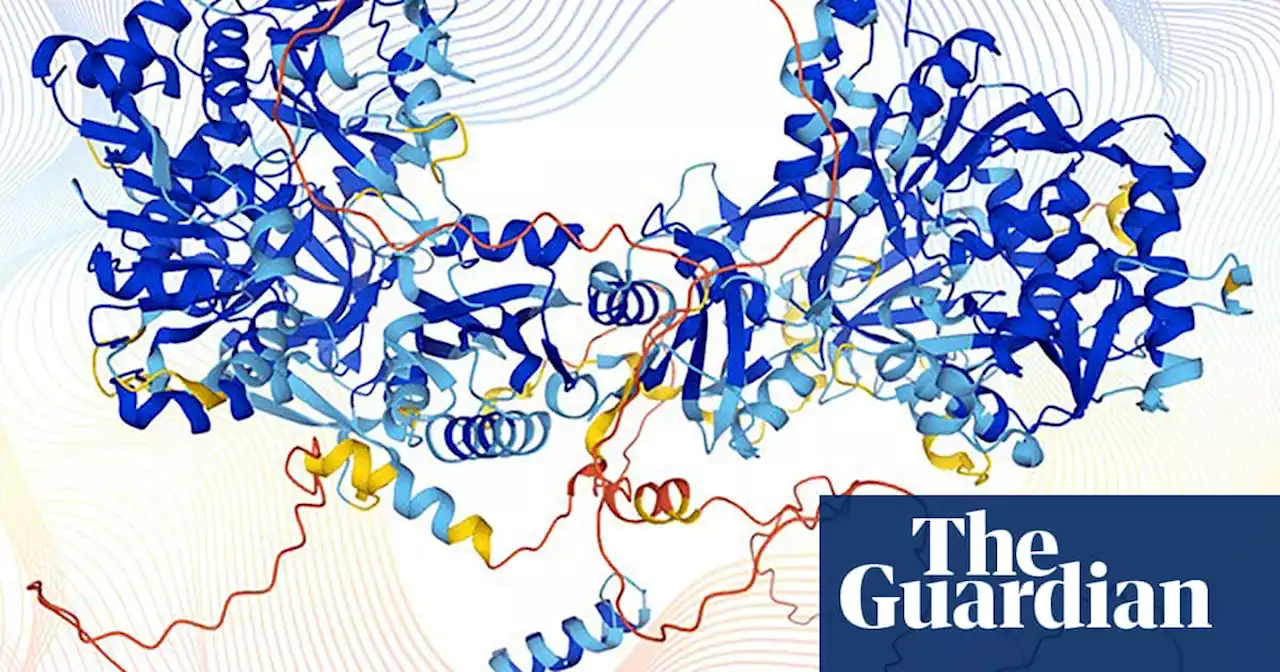The world is at greater risk of infectious diseases that originate in wildlife because people are encroaching on tropical areas of wilderness to feed livestock and hunt wild animals
.
Eating less food from livestock sources Closer to the Equator, biodiversity becomes richer. These tropical regions have historically seen less development and are particularly rich in wildlife and carbon stocks. But in recent decades agricultural frontiers have expanded rapidly into tropical forests.
It’s not realistic or even desirable to expect everyone to become a vegan . But flexitarian diets could feed the growing world population without further expanding farmland into tropical wildlands, and with reductions in greenhouse gas emissions. These diets consist of large amounts of plant-based foods , modest amounts of fish, poultry, eggs and dairy and small quantities of red and processed meat.
Curbing wild meat demand in tropical cities In the tropical forests of Africa, Asia and South America, over the past 30 years hunting pressure to supply nearby cities has radically increased. High levels of wild meat trade may enhance the risk of disease transmission from wildlife to humans, because it’s hard for governments to enforce biosecurity measures on hunting grounds and at abattoirs, food markets and restaurants.
The ideal is then to contain tropical wild meat hunting and trade by curbing demand in urban areas while supporting hunting rights and biosecurity measures among communities in remote subsistence areas.
Australia Latest News, Australia Headlines
Similar News:You can also read news stories similar to this one that we have collected from other news sources.
 DeepMind uncovers structure of 200m proteins in scientific leap forwardSuccess of AlphaFold program could have huge impact on global problems such as famine and disease
DeepMind uncovers structure of 200m proteins in scientific leap forwardSuccess of AlphaFold program could have huge impact on global problems such as famine and disease
Read more »
 DeepMind uncovers structure of 200m proteins in scientific leap forwardSuccess of AlphaFold program could have huge impact on global problems such as famine and disease
DeepMind uncovers structure of 200m proteins in scientific leap forwardSuccess of AlphaFold program could have huge impact on global problems such as famine and disease
Read more »
 Calls for tackling bans in junior sport after 'conclusive evidence' of brain disease risk revealedRepetitive head impacts cause the degenerative brain disease CTE, according to a new study that will fuel calls for changes to tackling rules as well as age restrictions for contact sports.
Calls for tackling bans in junior sport after 'conclusive evidence' of brain disease risk revealedRepetitive head impacts cause the degenerative brain disease CTE, according to a new study that will fuel calls for changes to tackling rules as well as age restrictions for contact sports.
Read more »
 At Adelaide’s Mercato emporium, la dolce vita is for realWelcome to a 50-year-old family-owned Italian food store that’s a South Australian institution with ambitions to go global.
At Adelaide’s Mercato emporium, la dolce vita is for realWelcome to a 50-year-old family-owned Italian food store that’s a South Australian institution with ambitions to go global.
Read more »
 From a synchronised boom to a synchronised bust?OPINION: Central banks are now moving in lockstep to hike rates to tame inflation, but their synchronised tightening risks plunging the global economy into a deep recession.
From a synchronised boom to a synchronised bust?OPINION: Central banks are now moving in lockstep to hike rates to tame inflation, but their synchronised tightening risks plunging the global economy into a deep recession.
Read more »
Farming body says border closure would 'increase' foot and mouth disease riskA top farming body has slammed pundits and politicians "fanning the flames of fear" over foot and mouth disease.
Read more »
